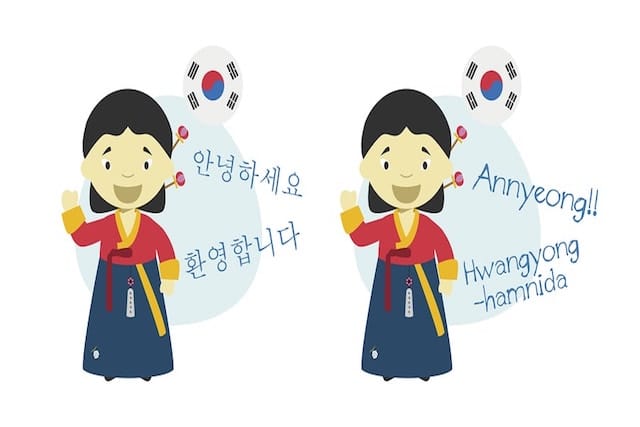Fascinating Korean Expressions and Words With No English Meaning

Every language has its own unique words and expressions emerging from its cultural norms or even deeper vernacular expressions. Korean is not any different. There are some expressions in Korean that not even the most advanced Korean course in Singapore will or can give you the exact English word to express it.
Below are some of the most fascinating Korean expressions and words that have no English meaning.
눈치 – Noon-chi
If your Korean language class in Singapore has several participants, you may find yourself using this term. You’ll use it especially when a friend or a counterpart in class has undergone emotional ups or downs. It’s also used to describe the ability to be in tune with another person’s emotions, feelings and thoughts. But not just being in tune or empathize, the term also describes the ability to accurately gauge and respond to any situation. Noon-chi can be best described as a sort of combination of empathy and sympathy.
A person with noon-chi is observant of non-verbal communication such as voice tone, and body language and has a way of connecting emotionally to different people.
한 – Han
As you learn Korean history in Korean language lessons, you are likely to come across the expression Han. Han is deemed extremely unique in Korea. It is used as an expression of general feelings of oppression and despair. The notion is largely thought of as Korean because of the nation’s long history of invasions or colonisations from other countries. It expresses an intense form of collective hate that is also deeply personal.
정 – Jeong
Whereas Han refers to a unique form of oppression coupled with an intense form of hate, or a special type of victimhood, Jeong is actually the extreme opposite. The term is used to express a unique form of social relational bonding found among Koreans and it’s not a bad thing to start practising Jeong in with your colleagues in the Korean language class in Singapore. Jeong expresses bonds that penetrate different social classes creating a harmony or co-existence that is so intricate that even Koreans sometimes find it difficult to express the meaning of the word.
Simply put, Jeong expresses the psychological and emotional links that join a collective society.
촌/촌수 – Chon or Chonsu
Speaking of emotional and psychological bonds, the family ties are some of the most cherished relationships in Korea. If you are attending your first few Korean language classes in Singapore, you’ll probably be shocked to learn that family ties are literally quantified and expressed as Chonsu.
Chonsu is a numerical way of looking at the levels of relations between two relatives. For instance, there are three levels (ties) between you and your uncle. You, your parents and your uncle thus there are “3 chons”
Lastly Dab-dab-hae 답답해 –
The term dab-dab-hae is used to describe different things. In some cases, it is used to describe stuffiness or stifling. However, it is more often used metaphorically to describe the virtual sensation of suffocating someone, often caused by frustration or oppression.
Although the term is not likely to be used in a Korean language class set-up, you’ll come across it in the popular Korean Dramas or TV shows.



